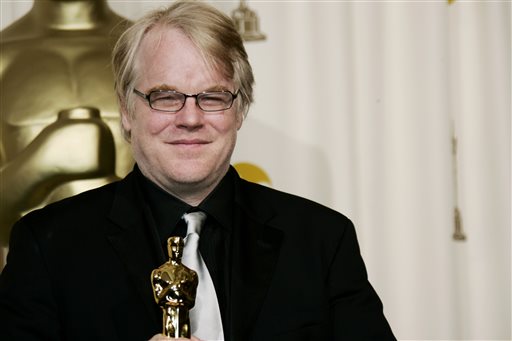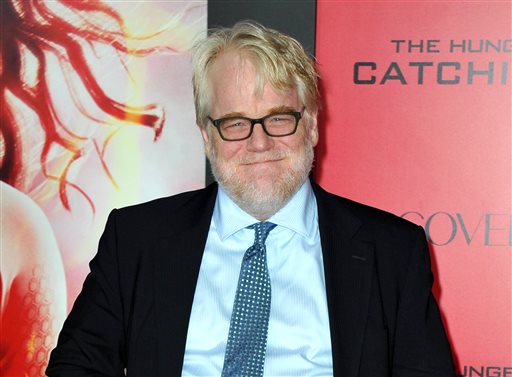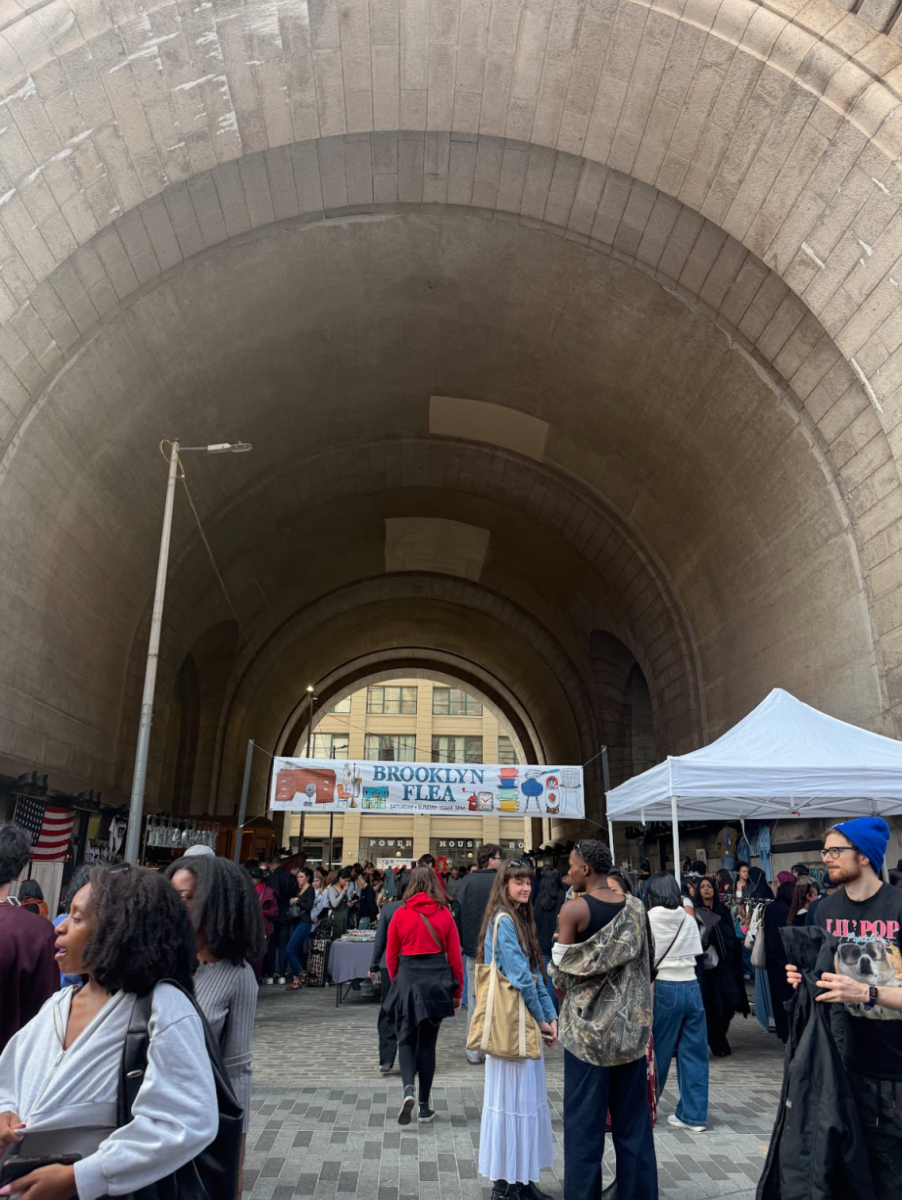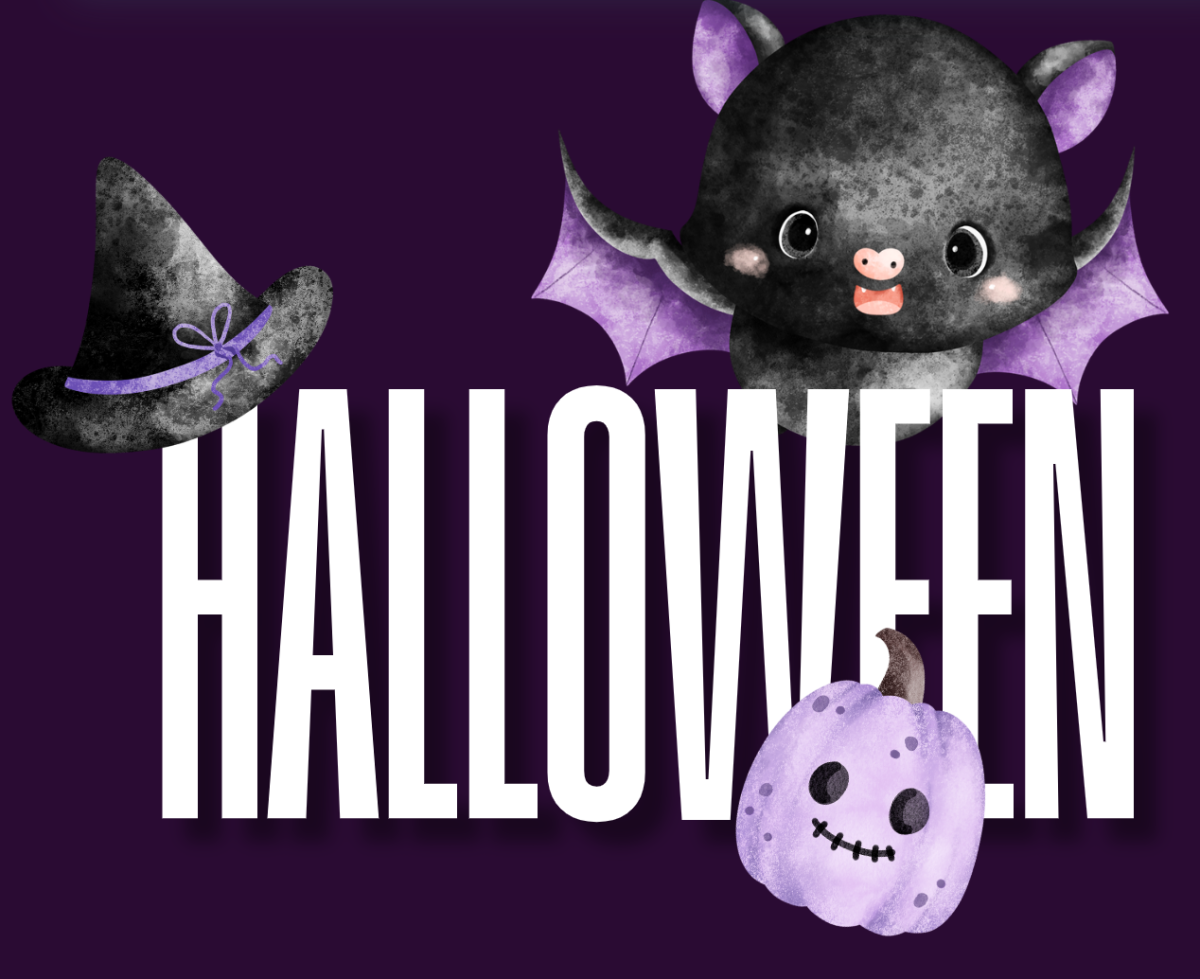
By JOSEPH VITALE
Philip Seymour Hoffman, a critically-acclaimed actor who won an Academy Award in 2006 for his tour de force performance in Capote, was found dead in his West Village apartment late Sunday morning, dealing a tragic blow to the arts community at large. The cause of death appears to be heroin overdose. He was 46.
He is considered one of the greatest — if not the greatest — actors of his generation. Cast in films Boogie Nights, The Big Lebowski, Happiness, The Talented Mr. Ripley, Magnolia, Almost Famous, Cold Mountain and Punch-Drunk Love, Hoffman’s performances were as inspired by human struggle as they were inspiring to those who sought to overcome it.
“Creating anything is hard,” Hoffman told The New York Times Magazine in a lengthy 2008 profile worth reading. “It’s a cliché thing to say, but every time you start a job, you just don’t know anything.”
I was lucky enough to witness Philip Seymour Hoffman’s striking craft just two years ago, at the Ethel Barrymore Theatre. He was cast as Willy Loman, the alienated and distraught family man of Arthur Miller’s Death of a Salesman. I had never seen an actor bring a character to such heights before that performance. And I expect I will not see anything as incredible for a long time to come.
On Sunday afternoon, his family said in a statement: “We are devastated by the loss of our beloved Phil and appreciate the outpouring of love and support we have received from everyone. This is a tragic and sudden loss and we ask that you This is a tragic and sudden loss and we ask that you respect our privacy during this time of grieving. Please keep Phil in your thoughts and prayers.”
Hoffman’s lasting works will serve as a testament to his passionate life and career, while the loss will be seen as a tragic blow to the arts community.
Hoffman is survived by three young children and Mimi O’Donnell, his longtime girlfriend.
Joseph Vitale is Managing Editor at The Fordham Ram. You can follow at him on Twitter at https://twitter.com/_joevitale




















































































































































































































